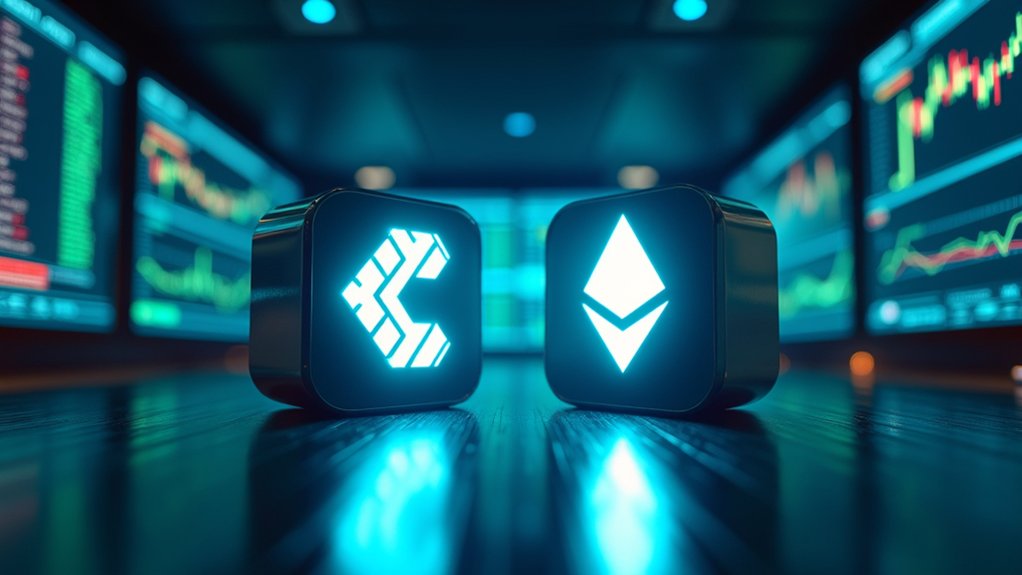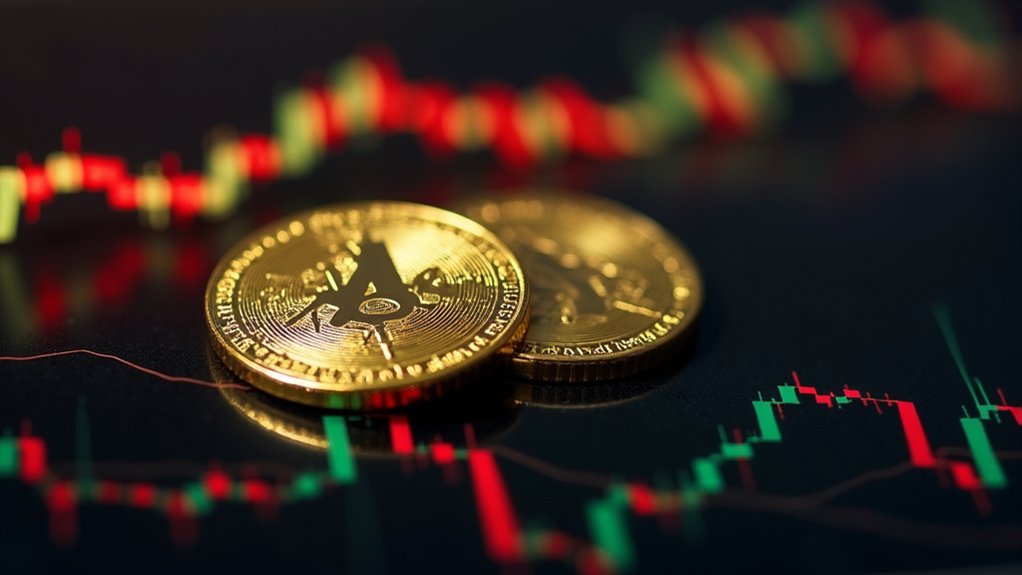How long must the crypto world endure the cautious posturing of financial behemoths before genuine disruption materializes? Charles Schwab, a titan managing a staggering $10.7 trillion in assets, now signals a seismic shift poised to rattle the crypto trading landscape. By planning to introduce direct spot trading for Bitcoin and Ethereum within the next year, Schwab stakes an audacious claim that challenges the entrenched dominance of platforms like Coinbase. Yet, this bold move is tethered tightly by the unrelenting grip of regulatory hurdles—an omnipresent specter that tempers enthusiasm with relentless caution. Schwab’s executives openly acknowledge that the timing hinges entirely on the evolution of U.S. regulatory frameworks, which remain a labyrinthine barrier to instantaneous market penetration. Currently, Schwab does not support direct cryptocurrency purchases or sales but provides exposure through crypto ETPs and futures. The United States currently treats crypto as property for tax purposes, adding complexity to regulatory compliance.
The market impact of Schwab’s entry cannot be understated. Leveraging its colossal client base and trusted brand, Schwab threatens to siphon off crypto investors who have, until now, been captive to niche exchanges. Its broad crypto product suite—spanning spot bitcoin and ether ETPs, futures, options, and crypto-linked mutual funds—already offers diverse investment vectors, but the direct spot trading launch promises to recalibrate competitive dynamics profoundly. Furthermore, Schwab’s exploration of stablecoin development, whether through proprietary technology or partnerships, signals an ambition to embed itself deeper into digital payment ecosystems, potentially unsettling existing players reliant on less regulated, more volatile constructs. This move also reflects the growing importance of digital wallets and secure custody solutions in mainstream crypto adoption.
However, Schwab’s insistence on regulatory compliance, while prudent, also exposes the industry’s paradox: innovation shackled by an opaque and sluggish rule-making process. The company’s commitment to investor education on crypto’s inherent risks comes across less as empowerment and more as a disclaimer, underscoring the persistent tension between market opportunity and regulatory prudence. In this standoff, Schwab’s strategic patience may well prove its most disruptive weapon—or its greatest limitation. Notably, over 70% of countries are currently reviewing their regulatory frameworks, highlighting the global uncertainty surrounding cryptocurrency oversight.









